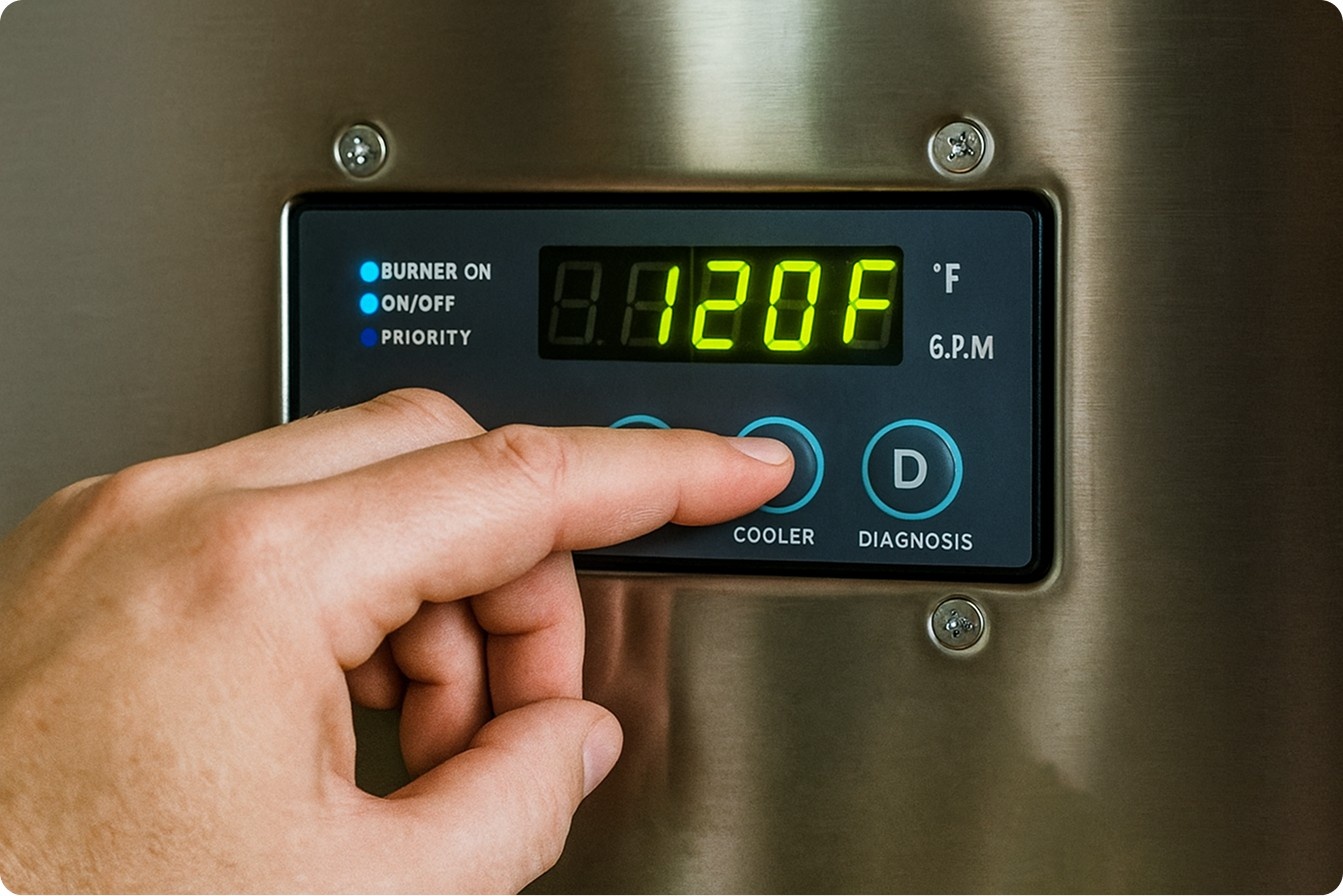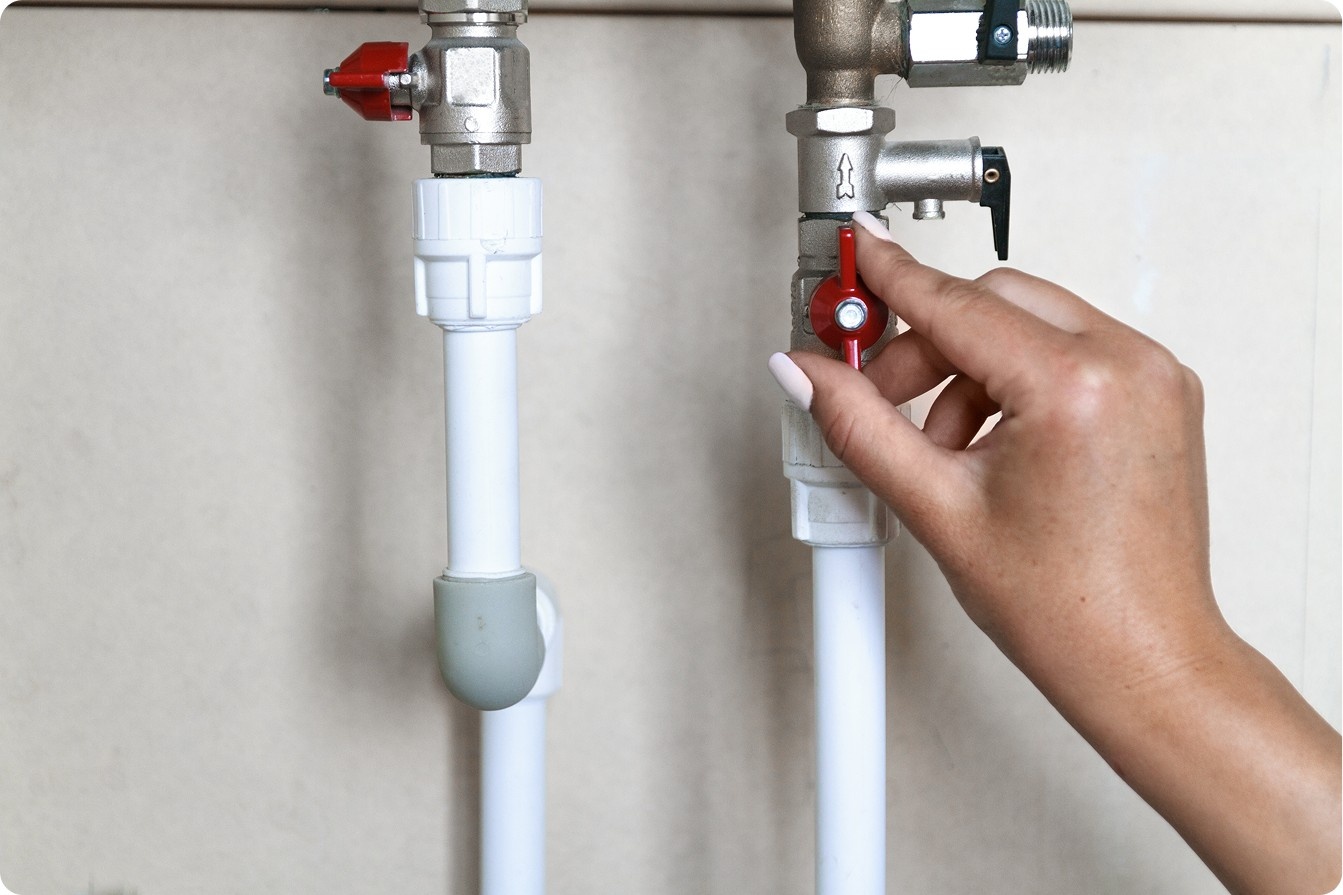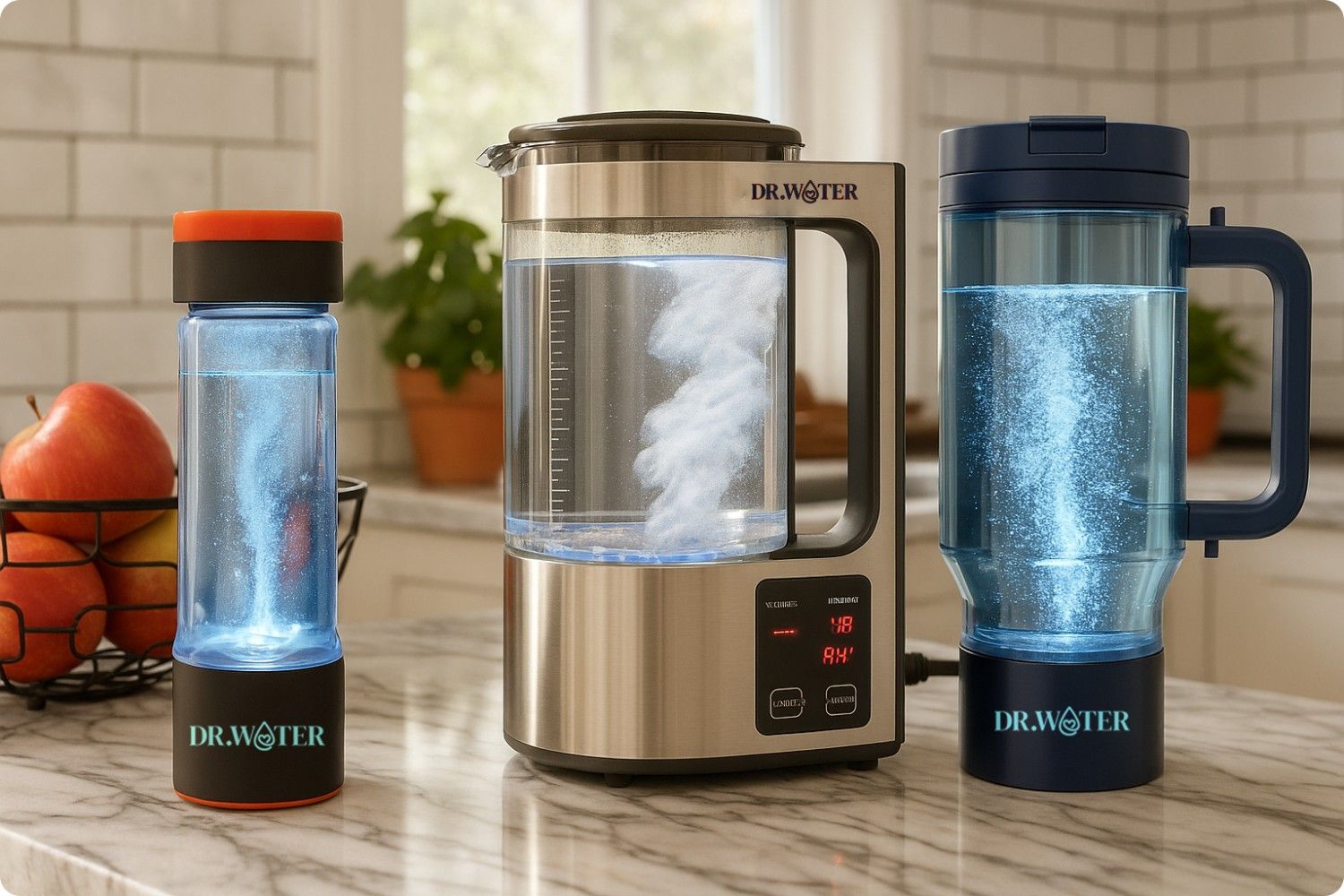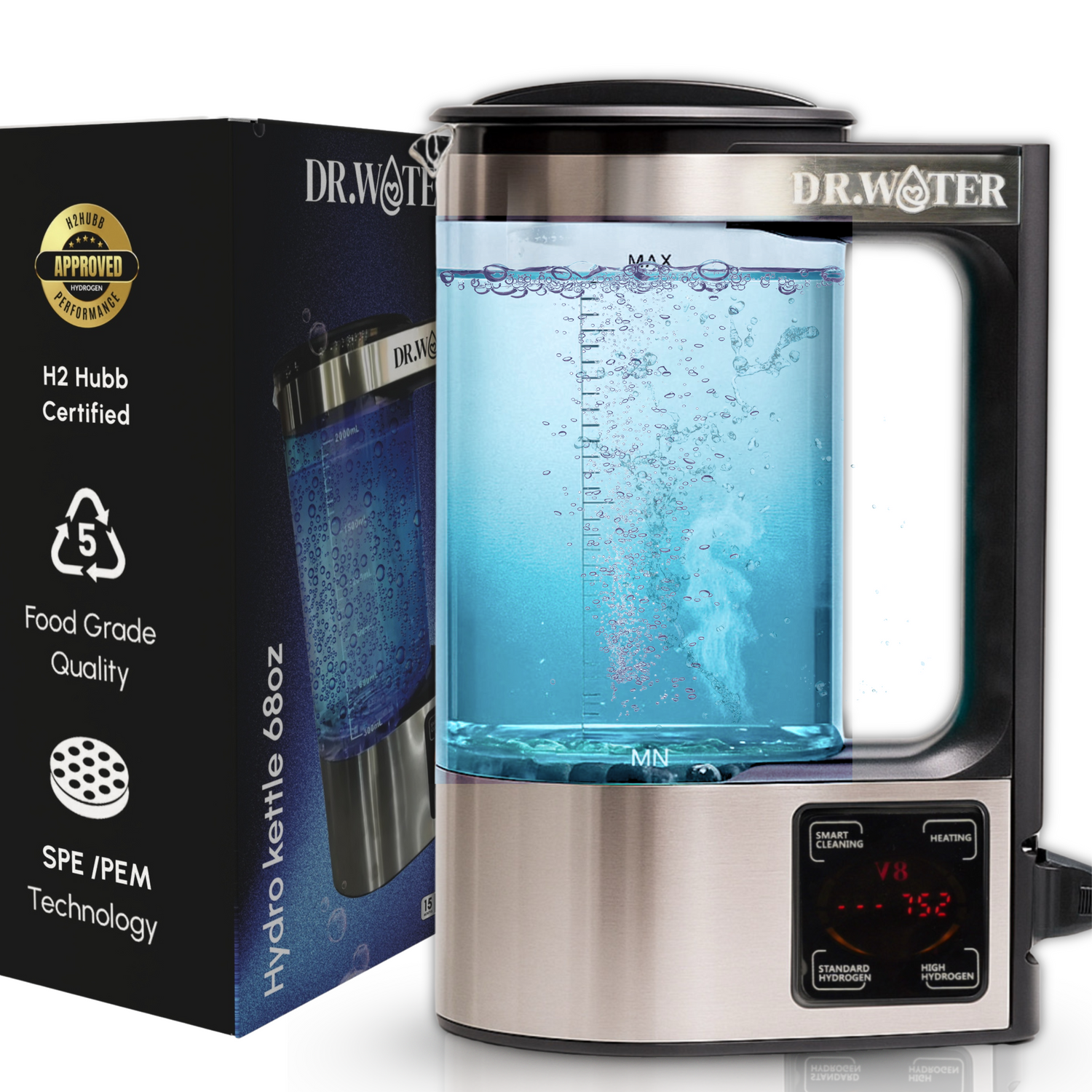
Fixing Noise Issues with Your Water Heater
Share
Summary:
|
Does your hot water heater sound like a tea kettle? Many homeowners ignore unusual noises coming from their water heater until they lead to bigger problems. But identifying the cause early can save you from costly repairs or dangerous malfunctions.
In this article, we’ll break down why your hot water heater sounds like a tea kettle. Alongside, let's explore the most common causes behind the noise. And let's walk through step-by-step solutions, and explain when it’s time to call a professional.
Why does Your Hot Water Heater sound like a Tea Kettle?
If your hot water heater sounds like a tea kettle, characterized by high-pitched whistling, bubbling, or popping noises, it often signals underlying problems.
- The noise usually results from trapped steam or air bubbles trying to escape through layers of sediment at the bottom of the tank.
- As the heating element works to warm the water, it heats these sediment pockets unevenly, causing localized boiling.
- This buildup of pressure can lead to that signature “kettling” sound.
Instead of brushing it off, it's important to take this sound seriously. It’s often a signal that your unit is losing efficiency, or worse, on the path to damage if not addressed.
4 Most Common Causes of Tea Kettle Sounds in Your Water Heater
Here are the most common culprits behind your hot water heater sounding like a tea kettle:
1. Sediment Buildup
If you live in an area with hard water, mineral deposits can settle at the bottom of the tank, trapping steam bubbles under layers of debris. This results in:
- Calcium and magnesium forming an insulating crust.
- Trapped steam leading to popping and crackling sounds.
- Reduced heating efficiency and shortened appliance life.
As the water heats, these bubbles struggle to escape, creating popping or whistling sounds just like a boiling tea kettle.
2. Overheating or Excessive Pressure
When water is overheated or pressure is uncontrolled, it escapes forcefully, mimicking a kettle’s whistle. This generally happens when there is a:
- A thermostat set too high can overheat the tank.
- Faulty Temperature-Pressure Relief (TPR) valves may fail to release built-up pressure.
When pressure builds up inside the tank, the system may whistle or hiss as it attempts to release pressure through the relief valve. This isn’t just noisy. It’s also potentially dangerous.
3. Loose Valves or Pipe Fittings
Vibrating or poorly secured components can squeal during operation, especially when water starts flowing. This can be detected through:
- Loose nuts, washers, or valves rattling or squeaking.
- Sounds intensifying during water heating cycles.
This may indicate gradual wear or incorrect installation. These noises may sound like a kettle heating up, especially if they intensify when hot water is in use.
4. Restricted Water Flow or Partially Closed Valves
Narrowed passages increase pressure and turbulence, just like air whistling through a narrow gap. The reason behind this could be:
- Inlet or outlet valves not fully open.
- Mineral buildup inside pipes increases restriction.
- Whistling intensifies when water demand rises suddenly.
This turbulence can create whistling or squealing sounds as pressure forces water through narrow openings, mimicking the sound of a boiling kettle.
Also Read: The 5 Best Gooseneck Water Kettles Under $100
How to Fix It: Step-by-Step Troubleshooting
If your hot water heater sounds like a tea kettle, don’t ignore it. Treat it like an early warning. Here’s a straightforward, step-by-step approach to identify and fix the noise before it becomes a bigger problem:
Step 1: Flush the Water Heater
Over time, mineral deposits settle at the bottom of your tank. Flushing the system helps eliminate this sediment and restore quiet operation.
- Turn off the power to the heater.
- Connect a hose to the drain valve and drain the tank completely into a bucket or safe area.
- Once empty, briefly turn on the cold water supply to dislodge any lingering sediment.
- Close the drain valve, refill the tank, and restart the heater.
This alone can significantly reduce popping and bubbling sounds caused by steam trapped under sediment.
Step 2: Check the Temperature Settings

Overheating is another common cause of whistling or high-pitched sounds.
- Locate the thermostat and set it to 120°F (49°C), which is the recommended safe level.
- This helps reduce pressure buildup and prolongs the life of your heater and plumbing system.
Step 3: Inspect the Temperature & Pressure Relief (T&P) Valve
The T&P valve is a critical safety feature that relieves excess pressure.
- Look for leaks, corrosion, or hissing sounds around the valve.
- If the valve is leaking or appears stuck, it may need replacement.
- Replacing a faulty T&P valve can prevent dangerous pressure buildup and stop persistent whistling.
Step 4: Tighten or Secure Loose Pipes

Sometimes the culprit isn’t inside the heater but nearby:
- Inspect the pipes connected to your water heater.
- If you notice vibration, rattling, or movement, use pipe clips or brackets to secure them.
- This simple fix can eliminate high-pitched noises caused by pipe resonance.
Unable to Figure Out a Fix? Call a Professional!
If you've flushed the tank, adjusted the temperature, and checked the valves but your hot water heater still sounds like a tea kettle, it’s time to bring in a pro.
Persistent whistling, popping, or rumbling noises may signal deeper issues that Do-It-Yourself (DIY) steps can’t fix. You should call a licensed plumber if you notice:
- Strange sounds that return quickly after basic maintenance
- Visible signs of leaks, rust, or water pooling around the unit
- Corrosion on fittings or the tank body
- The heater is over 10 years old, especially if it’s become less efficient or has required multiple repairs
A professional can inspect components like the anode rod, internal valves, or heating elements, parts that may fail silently until noise or damage appears.
If replacement is the most cost-effective option, a plumber can help you choose a high-efficiency unit that runs quietly and safely.
Also Read: How to Clean Your Electric Kettle with Citric Acid? A Simple Guide
Preventing Future Water Heater Noises
Now that you’ve addressed the issue, the next step is preventing it from happening again. A little regular maintenance goes a long way in keeping your hot water heater from sounding like a tea kettle in the future.
Here are key practices to keep your unit running smoothly and quietly:
- Flush the tank every 6–12 months: This removes sediment buildup before it becomes a problem. Make it part of your seasonal home maintenance routine.
- Install a water softener (if you live in a hard water area): Hard water is the #1 culprit behind mineral accumulation. A softener reduces scale, extending your heater’s lifespan and efficiency.
- Schedule annual professional maintenance: A licensed technician can spot and resolve small issues, like worn anode rods or sticking valves, before they lead to bigger problems.
- Monitor your thermostat and pressure valve: Keep your water heater set to a safe temperature (around 120°F/49°C) and check for pressure buildup regularly.
Taking these simple steps can save you money, reduce energy waste, and help you avoid that annoying whistling sound altogether.
Improve Your Water Quality at Source with Dr. Water

If your hot water heater sounds like a tea kettle, there’s a high chance it’s battling hard water minerals silently accumulating in your system. These minerals, like calcium and magnesium, not only shorten your heater’s lifespan but also cause the high-pitched whistling or popping noises you hear during heating.
That’s where Dr. Water’s hydrogen water systems come in.
While known for boosting hydration and antioxidant intake, these systems also support better appliance health by improving your home’s overall water quality:
- Reduce scale buildup inside your heater and plumbing system
- Minimize sediment formation, preventing pressure and heating issues
- Deliver cleaner water for all your daily needs without harmful deposits
Cleaner water isn’t just about better health. It’s also about longer-lasting appliances and fewer plumbing headaches. By choosing Dr. Water, you're investing in a quieter, more efficient home.
Take the first step toward better water and a healthier heater.
Also Read: Electric vs. Stove Top Kettle: Which One Boils Water Faster and Smarter?
Final Thoughts
If your hot water heater sounds like a tea kettle, don’t ignore it. It’s often a symptom of deeper issues like sediment buildup or pressure imbalances. Addressing the problem early through flushing, temperature control, and valve checks can extend your heater’s life and performance.
Ready for cleaner, quieter water? Explore Dr. Water’s hydrogen water products for healthier hydration and better home water quality because smart water means fewer problems, from your body to your boiler.
Frequently Asked Questions
1. Why does my hot water heater sound like a tea kettle?
Because steam bubbles are trapped under sediment, causing high-pitched whistling or popping sounds as the unit heats.
2. Is this noise dangerous?
Potentially, yes. It could signal overheating, pressure buildup, or a failing relief valve, all of which warrant inspection.
3. Can I fix it myself?
Yes. Start with flushing the tank, lowering the thermostat to 120°F, and inspecting the T&P valve and pipe fittings.
4. How often should I flush my water heater?
Flush every 6–12 months, or quarterly in hard water regions, to prevent sediment buildup and strange noises.
5. Can water quality prevent these issues?
Absolutely. Cleaner, mineral-reduced water from products like Dr. Water helps reduce sediment buildup, extending the life of your heater.

